Halcyon 6: Starbase Commander is a space strategy RPG that was developed and published by Massive Damage Inc. It’s the newest entry in a new trend of Space RPGs that resembles the classic sci-fi Star Trek films. From the way that the characters are dressed, to the tasks you set out to do, to the technobabble and how the aliens interact with you, it’s all very reminiscent of the beloved franchise.
If Faster than Light was a hybrid between Deep Space 9 and Voyager, think of Halcyon 6: Starbase Commander as a hybrid of The Original Series and Voyager. It’s one part exploring alien worlds and interacting with them, one part intimidation space battles and one part sillier moments, black comedy or otherwise.
This of course isn’t a bad thing, because it not only gives you something familiar to latch onto while playing, but it also pays a wonderful homage to the work in question. Except this time it does it with cute pixel art, and booming ambient space music that makes you feel like you’re in a rave.
The prologue starts out with you in the middle of a disturbance where the commander of the Halcyon 6 goes to investigate with his best officers. They are confronted with a new alien threat and get wiped out, which leaves you, the mysterious hero, in charge of the federation base. The rest of the story depends on the choices you make once the prologue is finished, just with the objectives of “don’t get wiped out” being the same across all playthroughs. From there the game opens up, giving you the ability to recruit whichever officers you want from the pool you’re given, separated in 3 categories: tactical, engineering and science.
Each officer has a variety of abilities unique to their class, and possibly even unique to that particular hero depending on who you get. There’s a wide variety of people to choose from and each has their own backstory, giving some flavor to characters that really don’t amount to much otherwise. Each of the officers is just part of a similar mold with different abilities and slightly different catchphrases, ones that you will probably have memorized a couple of hours in the game because they repeat them ad nauseam.
The personalized aspects of Halcyon 6 are rather dry because you’re probably going to go through quite a few of these officers, since they’ll be dying a lot. The games tries to get you attached to the officers, but really all it does is add a name and a face to the guy that was just blown to pieces in space. It’s not like Fire Emblem — a game that actually has officers interact with you, which would have been a nice touch.
Each of the classes have their own strengths and weaknesses, and each ship does as well. This is all in addition to the abilities that come with the pilots, which gives you the ability to customize your fleet depending on who your officers are, and what ship you decide to give them. Each battle is turn-based, and it mostly depends on genuine skill and good team composition to win these fights. If you have a bad team composition and you’re just choosing skills at random, then you will lose unless you’re on easy mode. This is why this game requires an extra focus on your strategy throughout each battle — especially against those who have a lot more health and ships than you.
Halcyon 6: Starbase Commander is a game with a lot of layers, and a lot of micromanaging that you’re going to have to deal with. If you want to go fight the “Chruul”, the enemies in the game, then you’re going to have to get ships. Getting ships means you need to build them, and in order to build them you need to either visit colonies that give you resources or build parts of the ship that give you those resources. To build parts of the ship, you need to explore, which gives you the chance to run into on-foot combat, which is another aspect of the turn-based combat that’s prevalent in the game.
While there’s no free roaming aspect on land, it still adds another layer to the already multilayered game. Add onto that the fact that whenever you assign an officer to an area of the ship, there’s a small chance an “incident” will happen. This will cause you to make a decision that could affect the fate of your crew members and officers, possibly setting you back. It doesn’t leave any room for error, and it can get frustrating if you don’t know every nook and cranny of this game.
I need to mention the fact that you’re going to need to put together an almost perfectly efficient assembly line of resource gathering and production, in order to make it anywhere in the game itself. Closing the portals should be your top priority, next to training new cadets and producing materials. These all need to be done in a near perfect system or you will get behind and fall victim to the cruelty of the vacuum of space.
A big part of this game is knowing when to send your ships out and when to hold them back. Sometimes it’s better to let an entire colony die off than it is to stop the production of materials or training of officers — because if you do that, you may not be able to save the next few colonies. It’s a high stakes game where you have to know just who to sacrifice in order to build a better tomorrow. I have noticed, however, that there are times that you are often placed in no-win scenarios, and it’d be better just to start over from scratch rather than continue on the path that you’re going.
You can actually get to the midpoint of the game and be so far out of your league that you’ll get a Game Over screen in just a matter of hours, because you didn’t do one minor thing right. Again, most of the game’s difficulty is selected by you and can be changed, but even then these things still do apply, just not as staunchly. I’ve seen people argue in the community about the games difficulty about how it can be a bit unfair at times, with the counterargument being “Get Good Scrub”.
However, the big problem with Halcyon 6 is not so much the difficulty itself, as much as it is that you can get yourself in a situation where no matter what, you will lose. Not that games aren’t allowed to have No-Win scenarios of course, but it’s moreso the fact that it’s rather easy to get into those scenarios — in contrast to a game like Xcom where you can clearly see that the fault is your own, or where you went wrong 3 turns ago (as opposed to 20 autosaves ago).
You’re given the ability to make alliances and this changes your experience only slightly overall, it’s mostly just flavor for your main quest line — to wipe out the Chruul and save the human race. The interactions between the aliens are at least funny, if not slightly grating. There are strange moments where you’ll find yourself doing a quest for a faction you already wiped out though, which doesn’t make a whole lot of sense since you just blasted them to pieces into a black hole.
Halcyon 6: Starbase Commander is an addictive title that forces you to make tough decisions for the good of your starbase. While it may have some unwarranted difficulty spikes, it’s still a fun, quirky space RPG that you should give a try if you’re in the market for that sort of thing.
Reviewer was given a copy by the publishers.

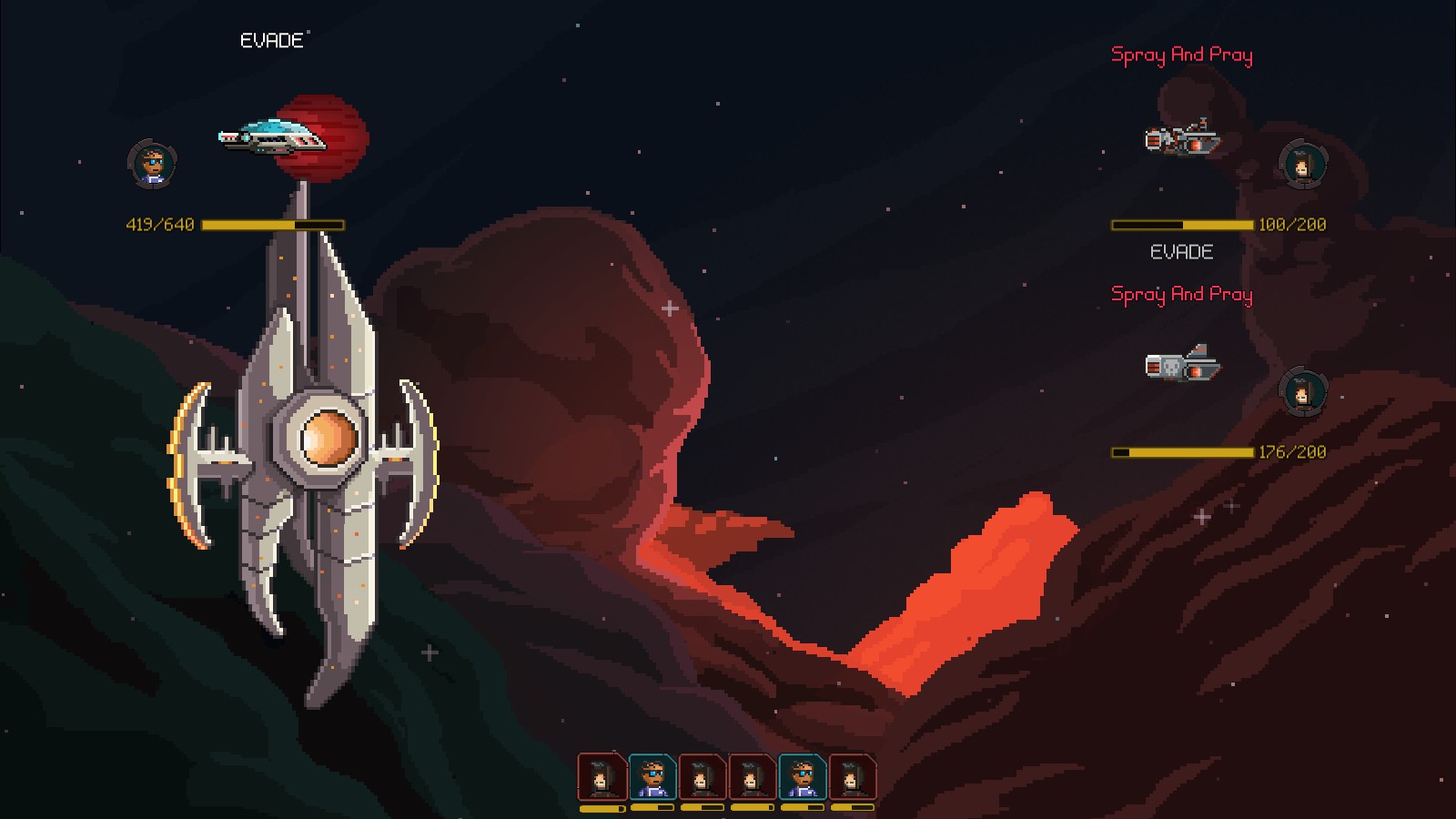
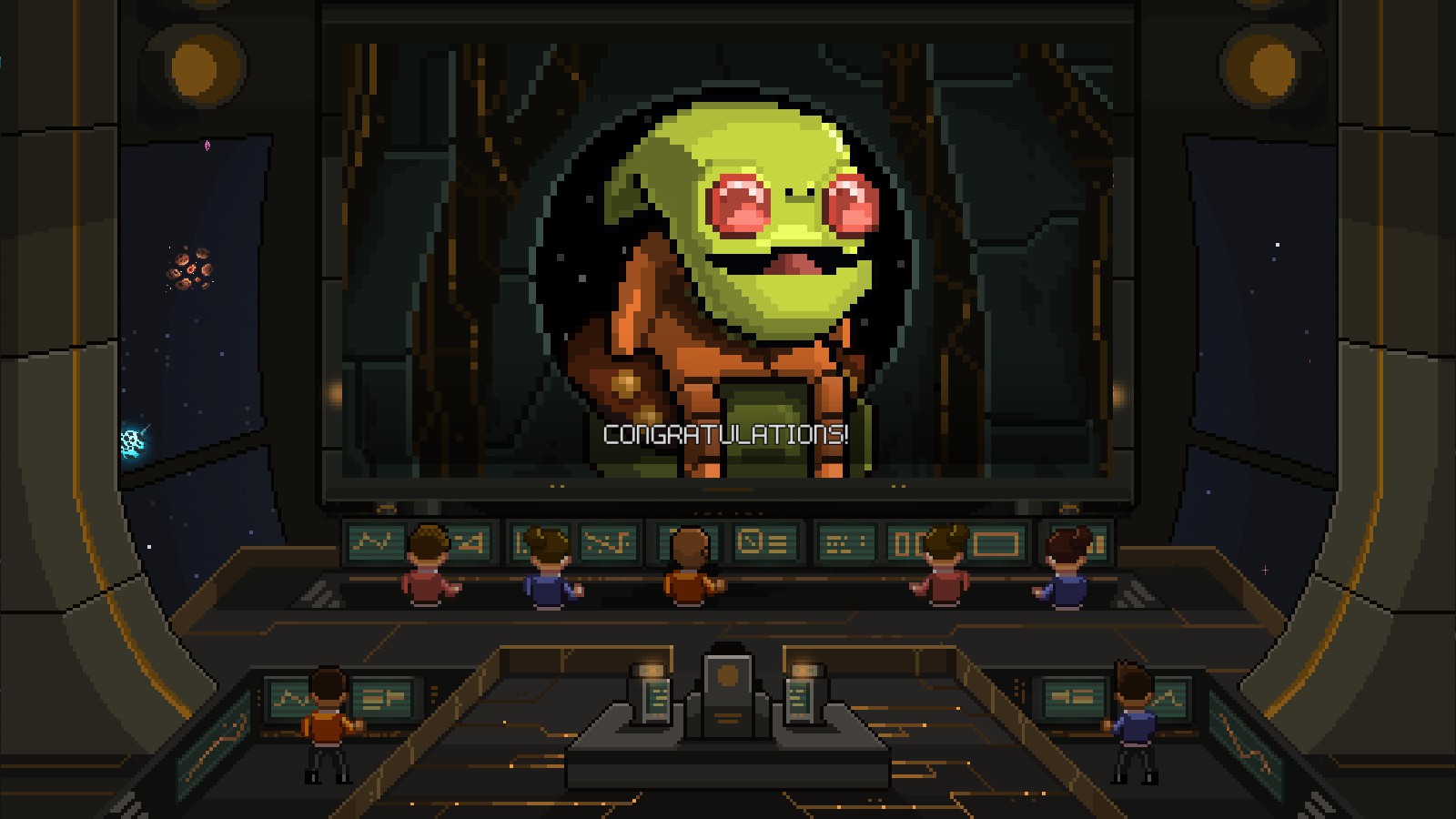
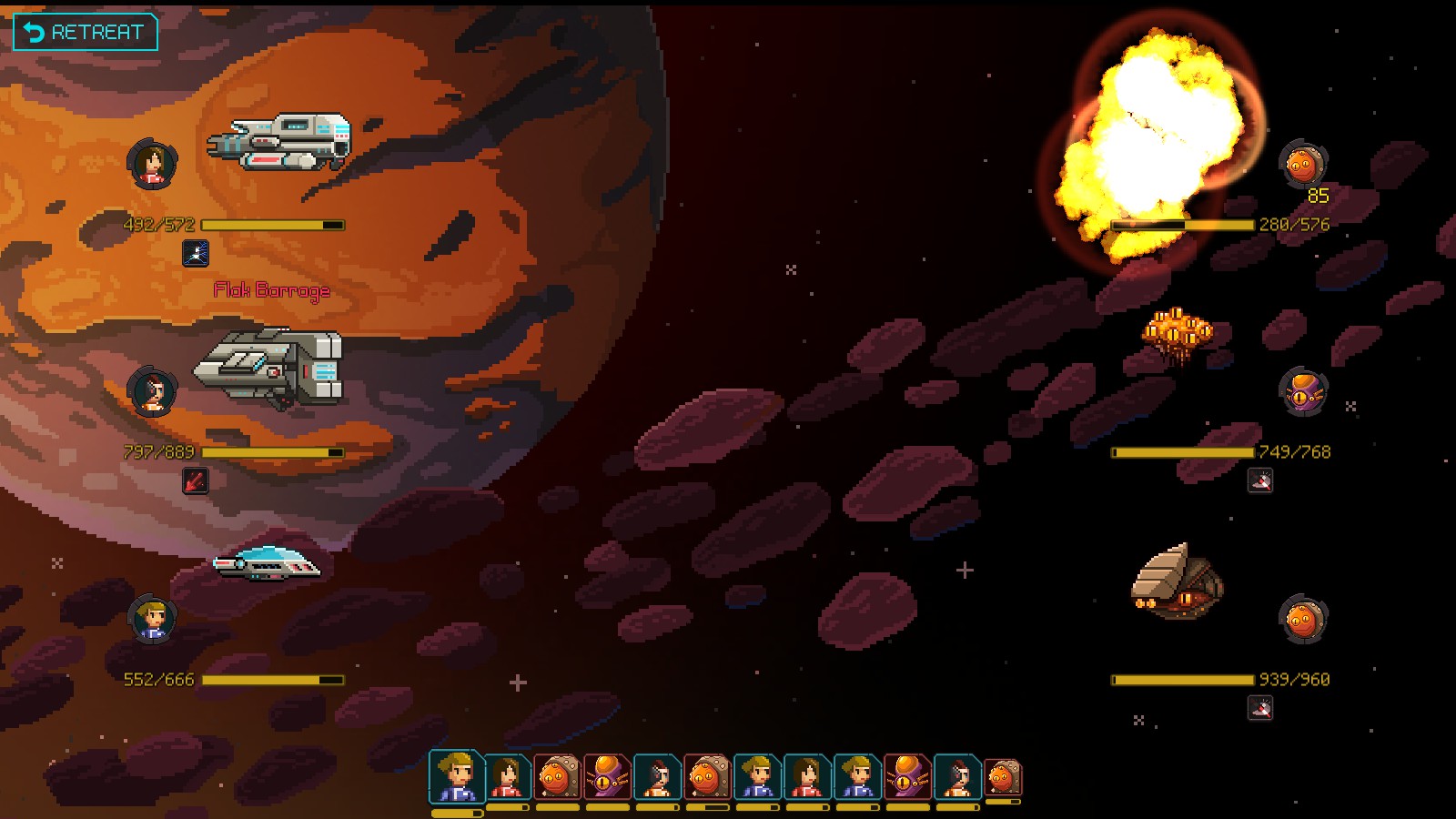
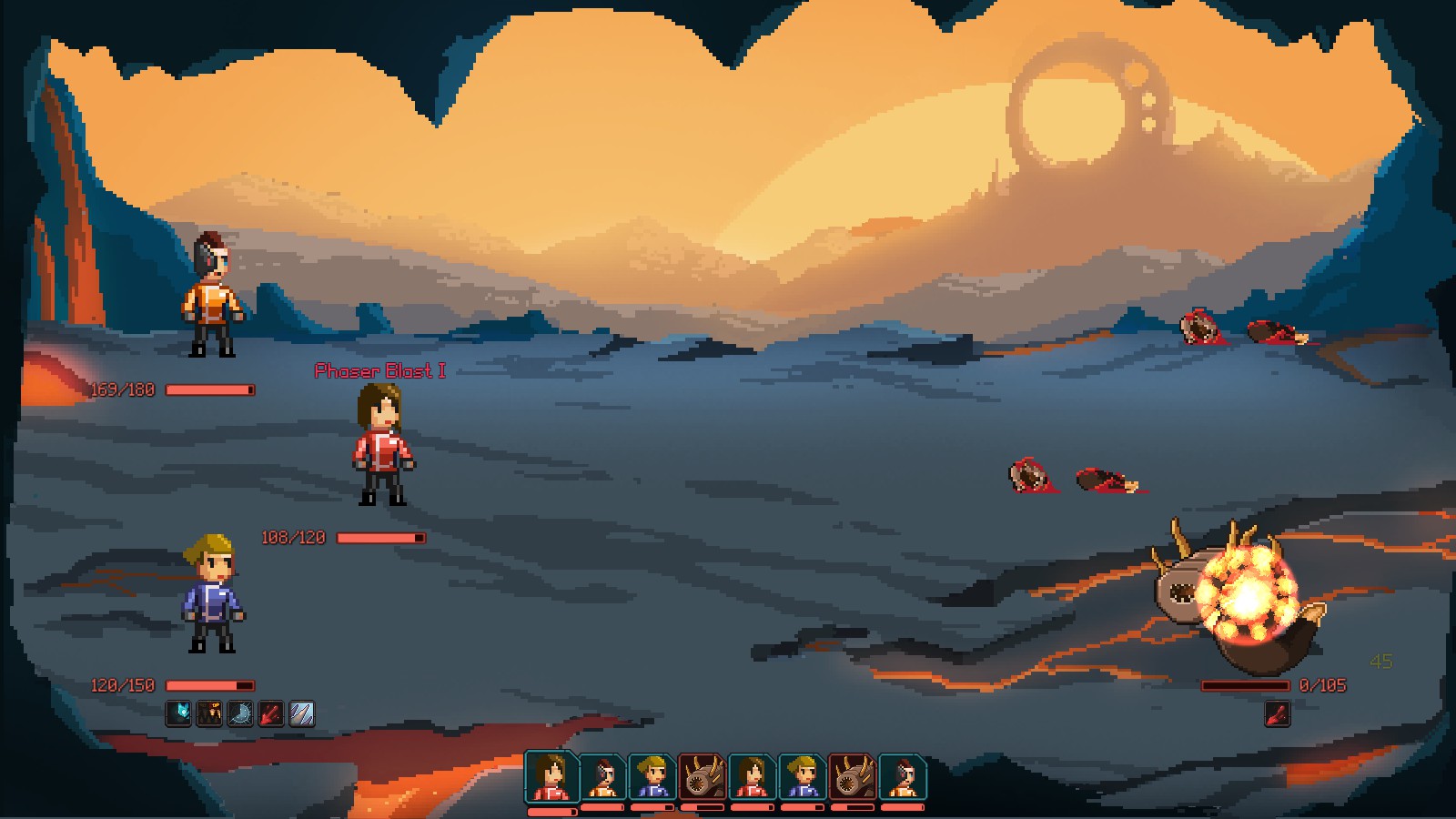
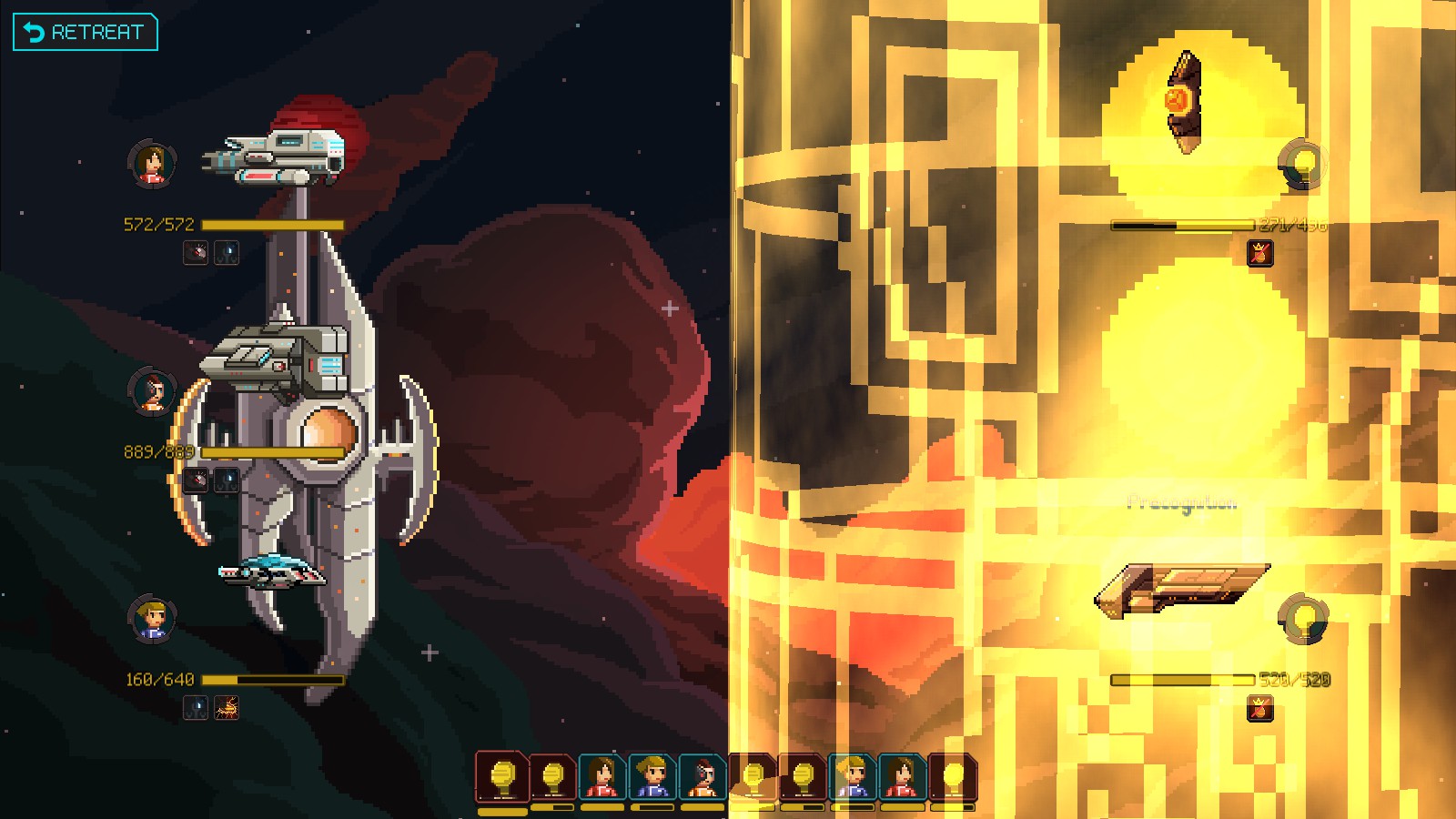





Published: Oct 21, 2016 09:20 am